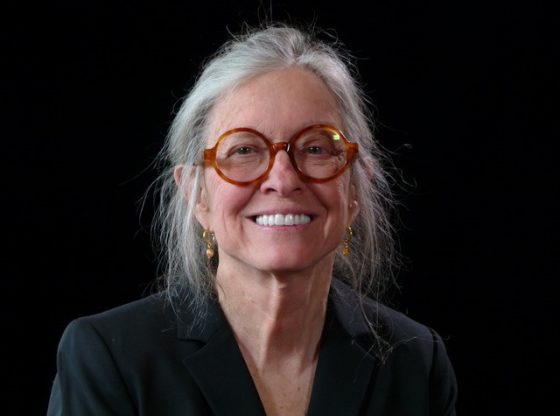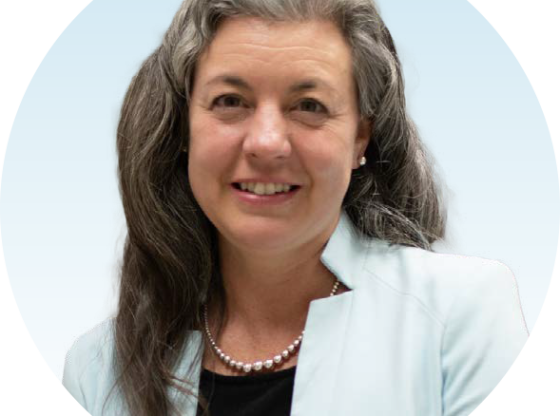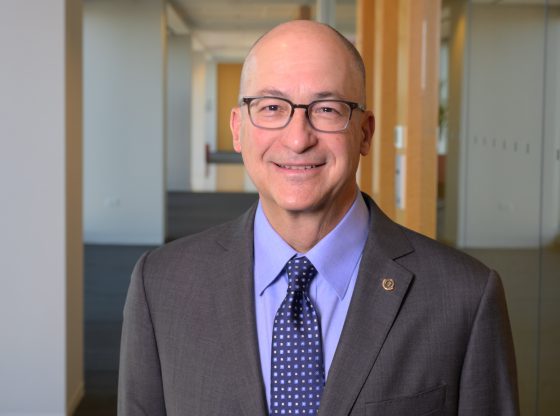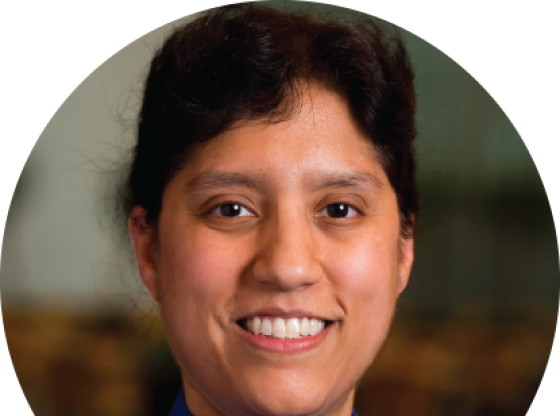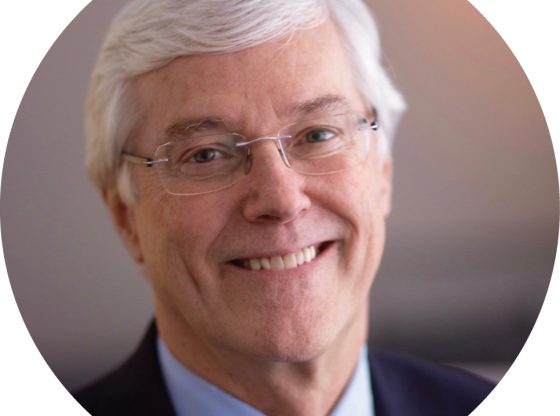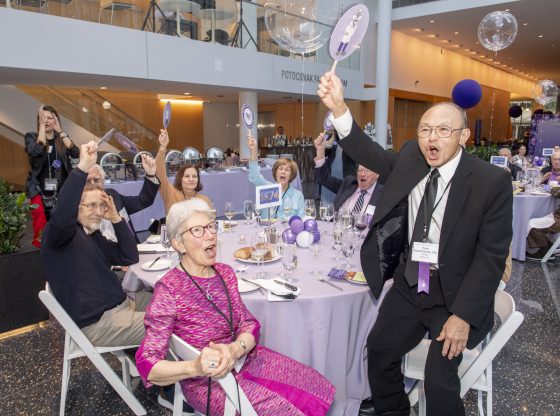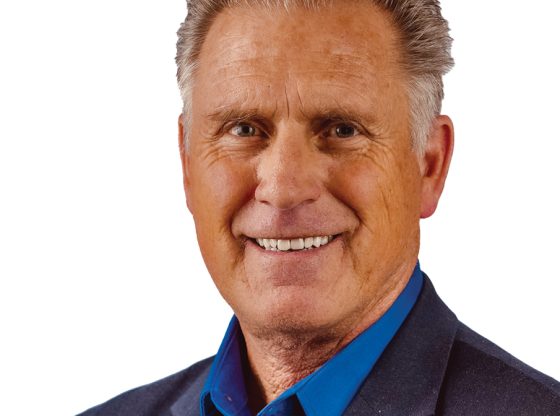Teen Health Advocate
Illustration by Joel Kimmel
During the course of her career, Laura Offutt, ’94 MD, has worked in academia, clinical research, drug development, and medical consulting. In the last decade, however, she has shifted her focus to teen health advocacy and is the founder of the annual International Adolescent Health Week (IAHW). Each year, the organization tasks 30 young people from around the world with implementing an event or action in their region.
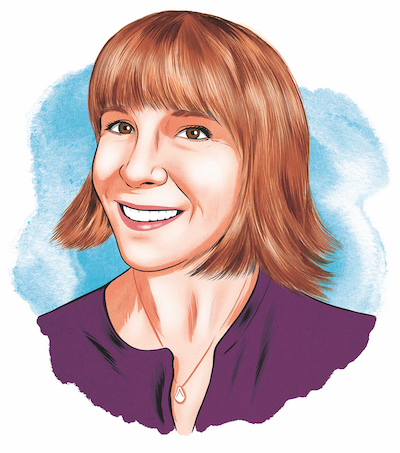
Laura Offutt, ’94 MD
When did your career as a physician turn into a career in teen health advocacy?
I first learned about global health and population health while working in the pharmaceutical industry. Also, during this time, my children entered middle and high school, and I saw up close how easily teen health misinformation spread amongst them and their peers. I decided to exit my pharmaceutical consulting work and create a digital platform for teens called Real Talk with Dr. Offutt. Teens were invited to share anonymous questions to which I would respond in weekly blog posts and then share across social media platforms.
What was the presence of physicians in this forum at that time?
A decade ago, there were very few teen-focused health websites, especially with a personal physician feel. At that time, physicians were just starting to become active on social media, and since I was no longer in direct patient care, I had a fair amount of liberty with how I was able to learn about and explore these online spaces while trying to reach young people with health information where they spend much of their time. As part of this effort, I worked with teen advisors on a regular basis. It was with one of these teen advisor groups that I shared the idea of creating a Teen Health Week.
What are teens most worried about as far as their health is concerned?
Mental health and stress, which they attribute to overwhelming school pressure and lack of real down time, the negative effects and pressure from social media, as well as despair about what the world will look like for them when they are adults. Many teens are also worried about sexual and reproductive health. Although it is well-documented that comprehensive sexual health education does not increase sexual behaviors, there is a trend towards less comprehensive and accurate reproductive health education. This void is often filled with the internet, which is rife with misinformation.
How do teen health issues vary by region in the U.S. or in teens from different nations?
One thing that has struck me time and again in this work is the similarity of issues all over the world. After all, adolescence is a phase of life we all go through, no matter where we live. Mental health is under-addressed in high- and low-income countries. Child marriage, which spiked in many poorer countries due to financial strains from the pandemic, remains legal in 43 states in the U.S. Access to healthcare, healthy food, and safe living spaces affect teens in every state and all over the world. Health education is insufficient everywhere, and difficulty accessing inclusive reproductive healthcare is universal. There are, of course, issues that unevenly affect teens between countries. The ongoing and worsening epidemic of gun violence in the U.S. is one example.
What can physicians learn from what you’ve learned about teens?
Teens are people and they want to and deserve to be heard. Parents and teens look to us as physicians for guidance and leadership about health-related issues and answers to health questions. For us to succeed in meeting their needs, we need to listen, really listen, to young people.
IAHW 2023 took place March 19–26, with programming and resources online at https://internationaladolescenthealthweek.org/index.html.

